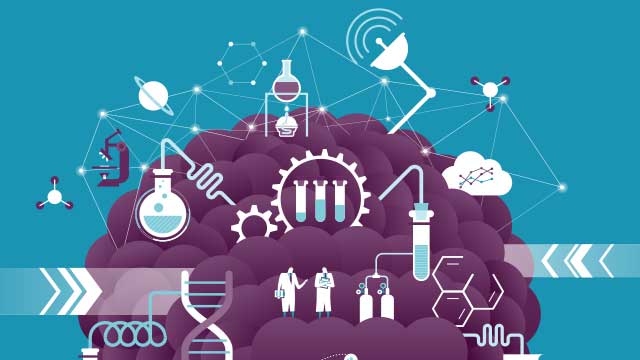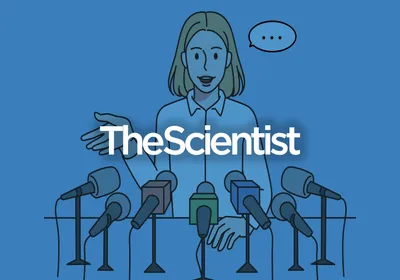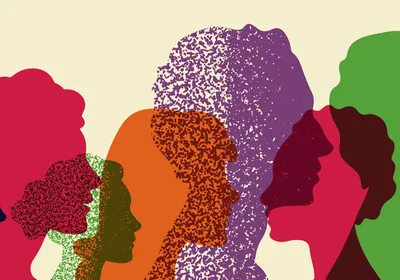 © ISTOCK.COM/AKINDODuring a Republican primary debate this past fall, some of the presidential candidates publicly perpetuated the false notion that autism is linked to vaccinations. Understanding science includes appreciating the nature of its process. Over time, science corrects itself as theories change to account for new data. But when science is communicated in the contemporary world, factual errors, misrepresentations, and misappropriations can get perpetuated through a series of shares, copies, likes, and reposts. The viral nature of today’s information sharing makes a new kind of scientific literacy all the more imperative.
© ISTOCK.COM/AKINDODuring a Republican primary debate this past fall, some of the presidential candidates publicly perpetuated the false notion that autism is linked to vaccinations. Understanding science includes appreciating the nature of its process. Over time, science corrects itself as theories change to account for new data. But when science is communicated in the contemporary world, factual errors, misrepresentations, and misappropriations can get perpetuated through a series of shares, copies, likes, and reposts. The viral nature of today’s information sharing makes a new kind of scientific literacy all the more imperative.
The same week as the debate, a colleague sent me a link to a “Science Knowledge Quiz” available through the Pew Research Center’s website. Looking at the report, I was not surprised to learn that only 6 percent of respondents obtained a perfect score. But reading the results of the Pew survey more closely, along with the accompanying thoughtful analysis, I couldn’t help but think about the overly simplistic way scientific literacy tends to be framed. Literacy can be broadly understood as the ability to interpret representations of information in complex and nuanced ways, accounting for the multiple meanings that result. By focusing on whether or not enough people know the “right” answers, we are missing something far more important.
Choosing the correct answer to ...




















